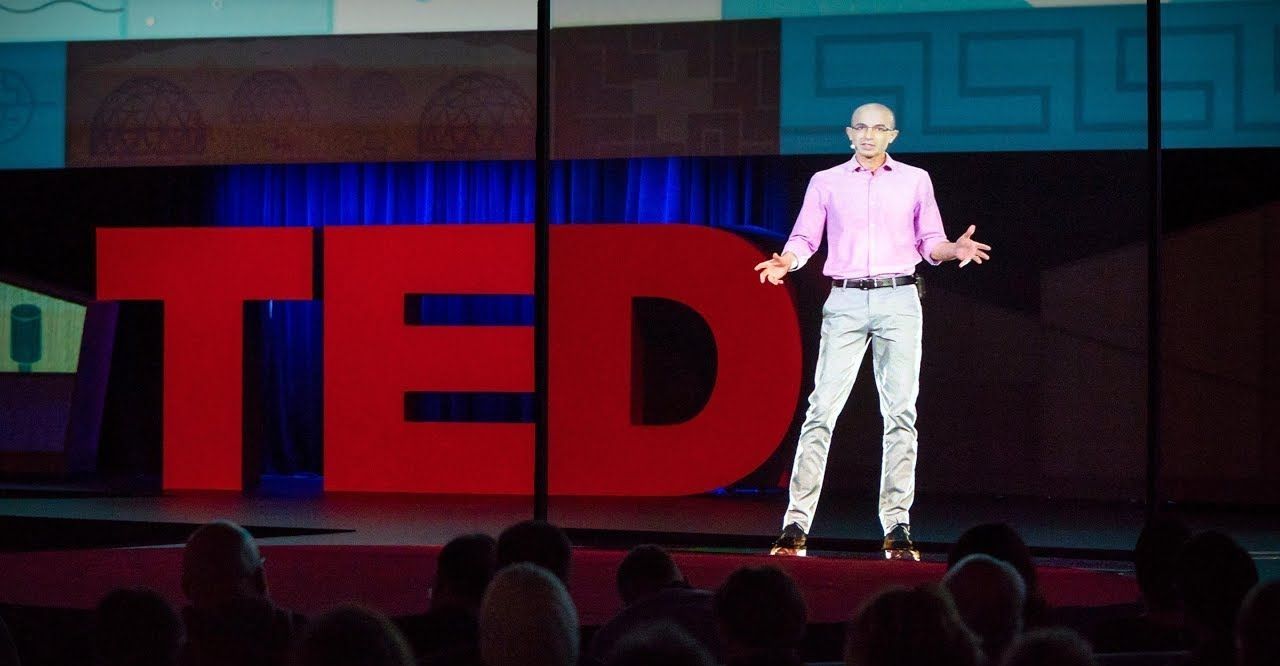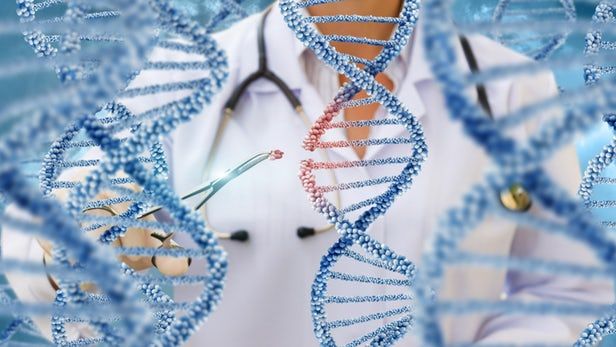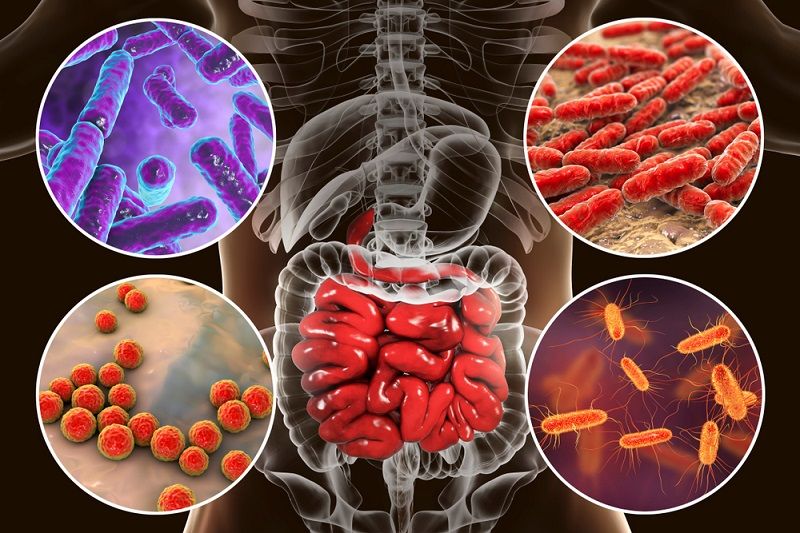Page 10104
Jun 12, 2018
Watch artificial intelligence project a 3D soccer match on your kitchen table
Posted by Genevieve Klien in category: robotics/AI
Jun 12, 2018
Major research reveals CRISPR gene-editing could increase cancer risk in cells
Posted by Genevieve Klien in categories: bioengineering, biotech/medical, genetics
Two recently published studies are raising new concerns that the breakthrough CRISPR-Cas9 gene editing system could potentially trigger an increased cancer risk in cells edited using the technique. With human trials using the gene-editing technique set to commence this year, the scientists behind these new studies urge researchers to be aware of this newly discovered and dangerous cancer-driving mechanism.
It has been less than a decade since the revolutionary CRISPR-Cas9 gene-editing technique was discovered, allowing scientists an unprecedented way to accurately edit DNA. For the most part, the technique has proved promising, safe and effective. Last year, a controversial study was published claiming the technique could introduce unintended, off-target mutations, but after a flurry of criticism attacking the veracity of the work it was ultimately retracted.
These two new studies raise entirely new concerns regarding the technique’s potential for triggering cancer in edited cells. One study comes from a collaboration between the University of Cambridge and the Karolinska Institutet, while the other is led by a team of researchers at pharmaceutical company Novartis.
Jun 12, 2018
Britain’s first ‘unhackable’ internet network may solve quantum computing threat
Posted by Genevieve Klien in categories: cybercrime/malcode, encryption, finance, internet, quantum physics
S cientists have created the UK’s first ever “unhackable” fibre network in anticipation of the dawn of quantum computers, a technology that could render current security systems completely useless and leave critical infrastructure, banking and healthcare networks open to hackers.
The network, constructed by researchers from BT, the University of York and the University of Cambridge over the past two years, is secured by the laws of quantum physics which dictate how light and matter behave at a fundamental level. Using this, it is able to block anyone attempting to crack into the fibre link.
This could be a game changer for the healthcare and financial sector, when it is feared existing encryption…
Jun 12, 2018
Space Nanodiamonds Found to Be Source of Some Cosmic Microwave Radiation
Posted by Genevieve Klien in categories: nanotechnology, space
Jun 12, 2018
Coder-Physicists Are Simulating the Universe to Unlock Its Secrets
Posted by Genevieve Klien in categories: computing, cosmology, physics
Computer simulations have become so accurate that cosmologists can now use them to study dark matter, supermassive black holes and other mysteries of the real evolving cosmos.
Jun 12, 2018
Starch can replace normal plastic in food packaging
Posted by Bill Kemp in categories: bioengineering, biotech/medical, food
Eventually all petroleum-based material in food packaging will have to be replaced with bio-based material. Research done at Karlstad University shows that a mixture of starch and other polymers forms an equally effective protective barrier.
“Food packaging has to protect and extend the shelf life of food, and should also work during transport,” says Asif Javed, doctor in Chemical Engineering at Karlstad University. “To meet these demands, a protective barrier is needed in paper-based packing such as those used for juice or dairy.”
Jun 12, 2018
Is Inflammaging Started by Microbial Burden?
Posted by Steve Hill in categories: biotech/medical, life extension
Today we are going to take a look at the emerging theory that inflammaging, a chronic, age-related background of inflammation, is caused by alterations to the populations of intestinal microbes.
What is inflammaging?
Inflammaging is a term coined to describe the chronic, smoldering background of inflammation that accompanies the aging process. It is constant, low-grade inflammation that interferes with stem cell mobility, cellular communication, and the immune system’s ability to operate correctly.
Jun 12, 2018
Living Forever The Secret to Not Aging
Posted by Montie Adkins in category: life extension

While we’re not off the hook for paying taxes, Dr. Aubrey de Grey believes that we may be able to avoid (or at least prolong) our until-now inevitable mortality.
LIKE us on Facebook: https://www.facebook.com/InmanNews
FOLLOW us on Twitter: https://www.twitter.com/InmanNews
FOLLOW us on Instagram: https://www.instagram.com/InmanNews
Jun 12, 2018
Why fascism is so tempting — and how your data could power it
Posted by Derick Lee in categories: business, cybercrime/malcode, energy, holograms

In a profound talk about technology and power, author and historian Yuval Noah Harari explains the important difference between fascism and nationalism — and what the consolidation of our data means for the future of democracy. Appearing as a hologram live from Tel Aviv, Harari warns that the greatest danger that now faces liberal democracy is that the revolution in information technology will make dictatorships more efficient and capable of control. “The enemies of liberal democracy hack our feelings of fear and hate and vanity, and then use these feelings to polarize and destroy,” Harari says. “It is the responsibility of all of us to get to know our weaknesses and make sure they don’t become weapons.” (Followed by a brief conversation with TED curator Chris Anderson)
Check out more TED Talks: http://www.ted.com
Continue reading “Why fascism is so tempting -- and how your data could power it” »















